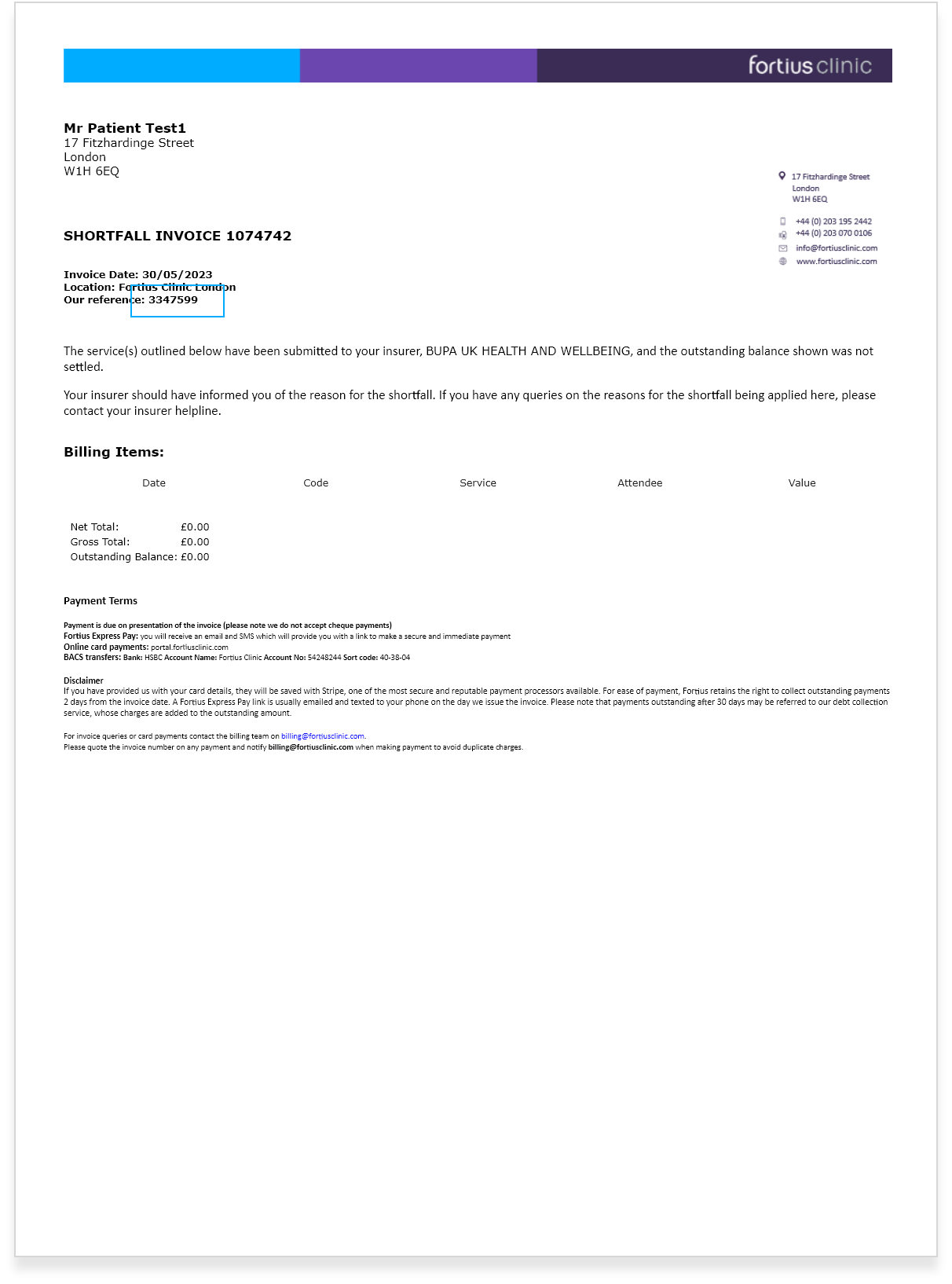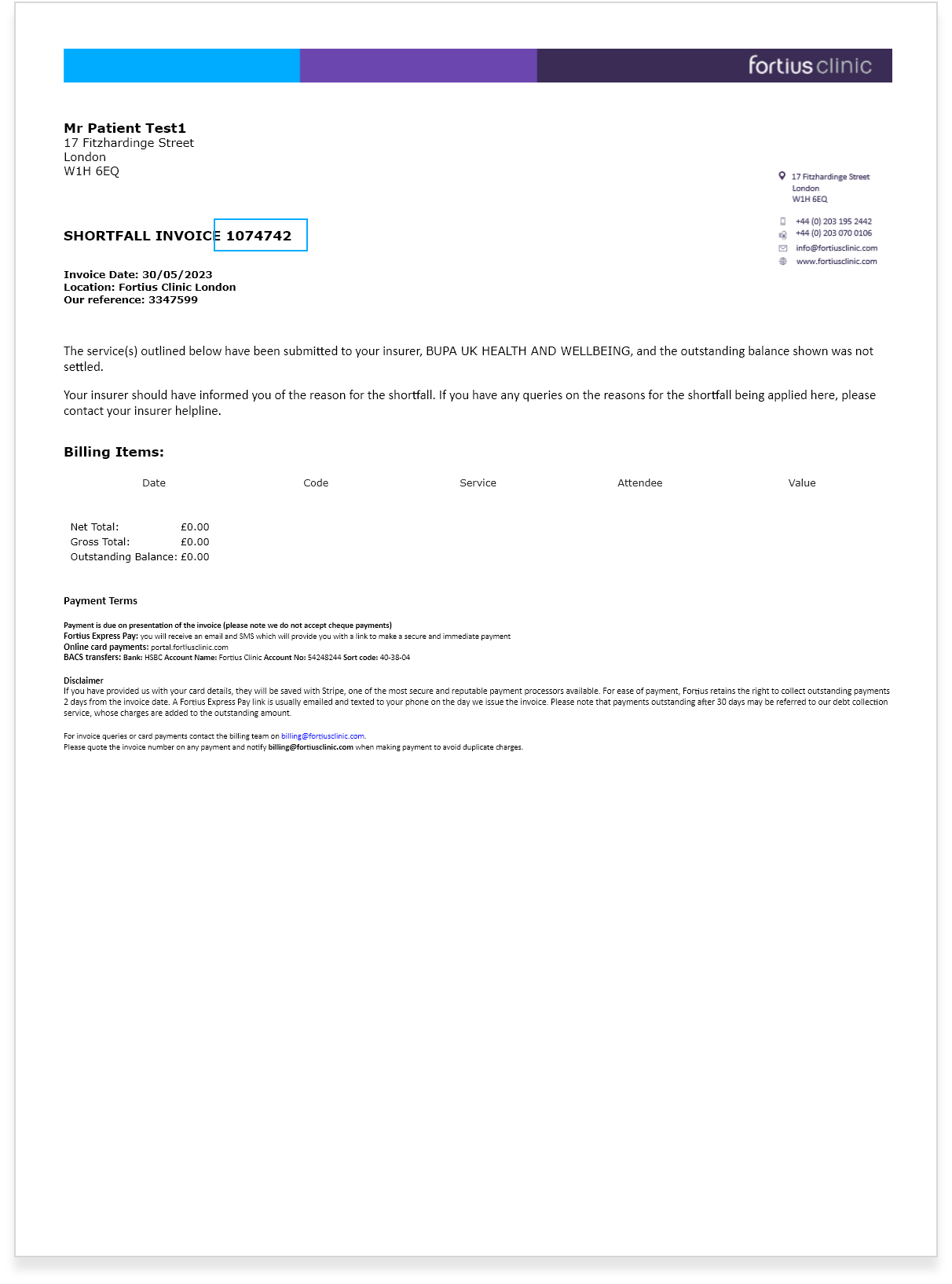The fear factor: returning to sport after injury
15 June 2018
The will to win and the drive to push performance to its limits mean that injuries come as part of the territory for most athletes. And the road to recovery after a sporting injury can be long, laborious and stressful, particularly for professionals.
In a world where your livelihood and identity hinges on your ability in a certain field, injury can be an incredibly frustrating procedure. In an ideal world, the decision to return to sport after injury is a collaboration – between the athlete, their support system and medical experts – which goes through three stages: the acute injury phase, the repair phase and the remodelling phase. In most cases, the system runs smoothly, but in certain cases there’s a spanner in the works: the psychosocial aspects involved with injury and recovery.
Overcoming the mental block
It goes without saying that for all athletes who have succumbed to injury, an element of negative thinking is always present. Normally, this manifests itself in feelings of frustration and depression, which are totally natural responses given the circumstances. In certain cases, apathy leading to poor adherence to the recovery process can complicate things further.
But according to studies, the ‘fear factor’ is finally being recognised as a crucial component in delaying the recovery process. While feelings of frustration and apathy are being slowly eradicated by the advances in injury-recovery procedures, the sports medicine community is coming around to the idea that ‘fear’ has become the most prominent emotion that injured athletes experience during downtime. But how does that manifest itself?
‘Fear’, of course, is a catch-all term for myriad negative emotions of varying strengths, and there are many reasons for these developing. Obviously, the possibility of careers being impaired, or even ended, by injury are paramount, but just as important is the feeling that your own body can’t be trusted any more. In a profession where being on top of your game is key, a sudden loss of confidence in one’s own ability can be catastrophic. The feeling that what went wrong before can happen again at any time can lead to fear, fear produces tension, and tension interferes with performance, often leading to further injury.
The solution to the fear factor
- Keeping the athlete fully involved with their team during rehabilitation
- Creating attainable short-term goals along the way, which give the injured athlete a sense that real progress is being made
- Mixing up a variety of rehab exercises which eradicate boredom and stimulate motivation
- Allowing the athlete to have the right to intervene and provide input into their own rehabilitation programme
- Establishing strong lines of communication between the athlete, the coaches, the medical staff, and – in the case of younger athletes – the parents.
Help from sports therapists, team mates and friends is important in reassuring an athlete returning to sport. So too is a gradual and structured return which builds confidence through drills and strength training, slowly increasing in intensity.
Sport is both a physical and a mental game. It is vital to understand both aspects in dealing with injury in order to achieve a successful return to play.


